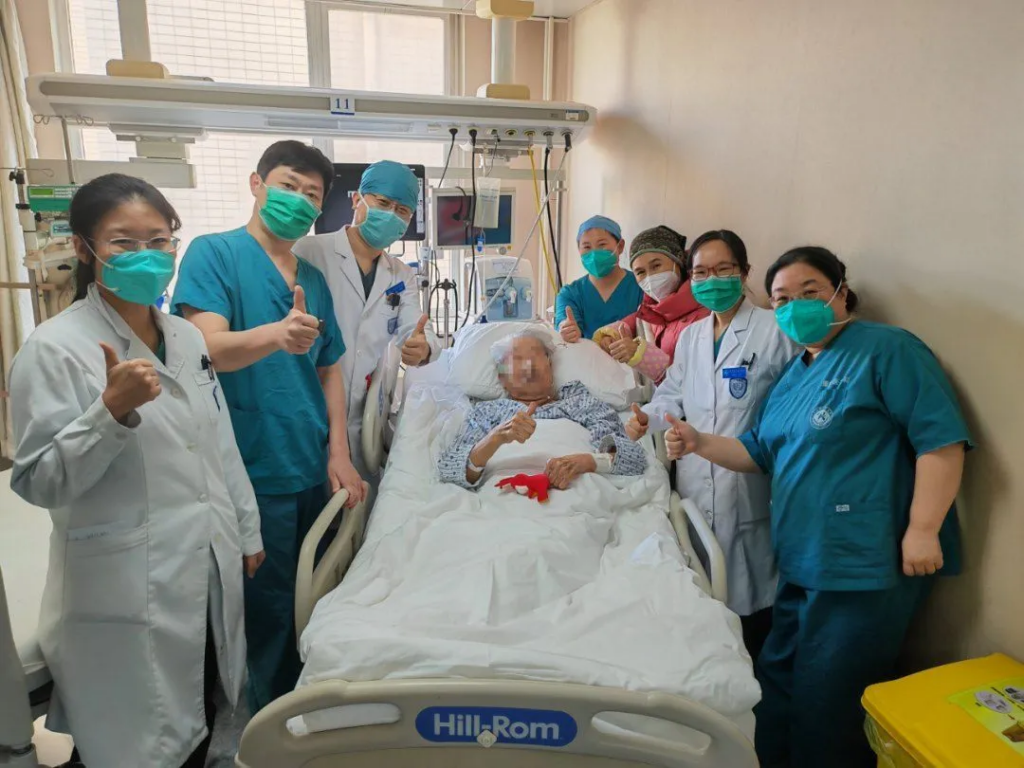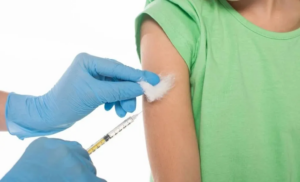
A 99-year-old patient with a new coronary infection was successfully treated and transferred to a general ward
This afternoon, a 99-year-old patient with neo-crown was transferred from the intensive care unit of Peking University People’s Hospital to the general ward for rehabilitation.

On December 24, 2022, patient Grandpa Pei was admitted to the geriatric ward of Peking University People’s Hospital due to a neo-coronavirus infection. Due to the combination of a series of underlying diseases in the elderly, his condition deteriorated sharply and he developed symptoms of multi-organ failure such as blurred consciousness, shortness of breath, decreasing blood pressure and oxygen saturation, and even declining heart and kidney functions.
The Department of Geriatrics immediately contacted the Department of Anesthesiology and the Department of Critical Care Medicine for consultation. For patients with critical neocoronavirus infection, establishing tracheal intubation and invasive positive pressure ventilation is the most effective measure. But the prognosis for tracheal intubation and mechanical ventilation for the 99-year-old was sweaty.
“When it’s time to do something, it’s time to do something!” Zhao Huiying, deputy director of the Department of Critical Care Medicine, introduced that early tracheal intubation and establishment of effective respiratory support is an important part of improving patient survival. Strictly standardized operation and reasonable protective ventilation will prevent complications to the maximum.
The anesthesiologist quickly and accurately inserted the tracheal tube into the airway, while the catheter was connected to the ventilator circuit to start mechanical ventilation, and the monitor parameters showed successful tracheal intubation. Grandpa Pei’s pulse rate and oxygen saturation rapidly increased and his vital signs gradually returned to normal.
PKUH gave full play to multi-disciplinary strengths to provide comprehensive life support for the patient. Through oxygen therapy, antiviral treatment and nutritional support, the patient battled with the virus, and the nurses provided meticulous care.
Grandpa Pei’s body gradually recovered. on January 29, the intensive care medicine department removed his tracheal tube and switched to nasal cannula oxygen. “Thank you, Happy New Year!” Grandpa Pei finally spoke powerfully and clearly the words he had been writing down on paper for the medical care. He became the oldest patient with neocoronavirus infection successfully treated by the Department of Intensive Care Medicine of Peking University People’s Hospital so far.


Average Rating